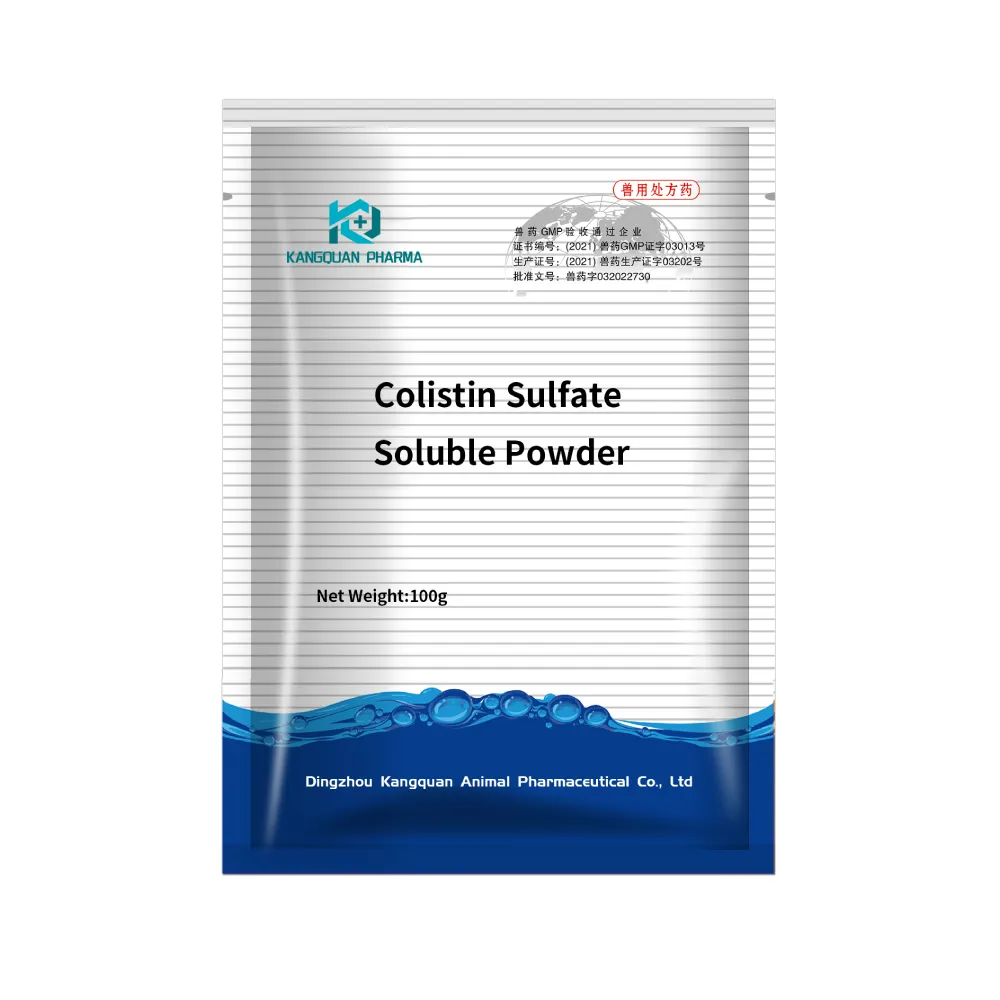- Afrikaans
- Albanian
- Amharic
- Arabic
- Armenian
- Azerbaijani
- Basque
- Belarusian
- Bengali
- Bosnian
- Bulgarian
- Catalan
- Cebuano
- Corsican
- Croatian
- Czech
- Danish
- Dutch
- English
- Esperanto
- Estonian
- Finnish
- French
- Frisian
- Galician
- Georgian
- German
- Greek
- Gujarati
- Haitian Creole
- hausa
- hawaiian
- Hebrew
- Hindi
- Miao
- Hungarian
- Icelandic
- igbo
- Indonesian
- irish
- Italian
- Japanese
- Javanese
- Kannada
- kazakh
- Khmer
- Rwandese
- Korean
- Kurdish
- Kyrgyz
- Lao
- Latin
- Latvian
- Lithuanian
- Luxembourgish
- Macedonian
- Malgashi
- Malay
- Malayalam
- Maltese
- Maori
- Marathi
- Mongolian
- Myanmar
- Nepali
- Norwegian
- Norwegian
- Occitan
- Pashto
- Persian
- Polish
- Portuguese
- Punjabi
- Romanian
- Russian
- Samoan
- Scottish Gaelic
- Serbian
- Sesotho
- Shona
- Sindhi
- Sinhala
- Slovak
- Slovenian
- Somali
- Spanish
- Sundanese
- Swahili
- Swedish
- Tagalog
- Tajik
- Tamil
- Tatar
- Telugu
- Thai
- Turkish
- Turkmen
- Ukrainian
- Urdu
- Uighur
- Uzbek
- Vietnamese
- Welsh
- Bantu
- Yiddish
- Yoruba
- Zulu
10 月 . 22, 2024 00:57 Back to list
Alternative Antipyretics Beyond Paracetamol for Fever Management and Relief
Alternatives to Paracetamol Exploring Other Antipyretics
Fever is a common symptom that signals the body is fighting an infection or illness. While paracetamol (also known as acetaminophen) is one of the most widely used antipyretics, there are several other options available for reducing fever. This article will explore various alternatives to paracetamol, their mechanisms of action, effectiveness, and considerations for use.
Non-Steroidal Anti-Inflammatory Drugs (NSAIDs)
NSAIDs are perhaps the most recognized alternatives to paracetamol for managing fever. Common NSAIDs include ibuprofen, naproxen, and aspirin. These medications work by inhibiting the cyclooxygenase (COX) enzymes involved in the production of prostaglandins, which play a key role in the inflammatory response and the development of fever. By reducing the levels of prostaglandins, NSAIDs can effectively lower body temperature.
Ibuprofen
Ibuprofen is frequently used to treat fever in both adults and children. It is effective in lowering temperature and is generally well-tolerated. When administered to children, ibuprofen can reduce fever and provide additional relief from associated discomfort, such as headaches and body aches. The recommended dosage for children is typically based on weight, making it crucial for caregivers to follow guidelines closely.
Naproxen
Naproxen is another NSAID that can be used to manage fever. While it is not as commonly used for this purpose as ibuprofen, it can be effective due to its longer duration of action, which allows for less frequent dosing. However, naproxen is typically not recommended for children under 12 years of age, and its use should be supervised by a healthcare provider, especially in individuals with existing health conditions.
Aspirin
antipyretic other than paracetamol

Aspirin is another NSAID that can be used to reduce fever. However, it is important to note that aspirin should not be given to children or teenagers who have viral infections due to the risk of Reye's syndrome, a rare but serious condition that can cause swelling in the liver and brain. For adults, aspirin can be effective in lowering fever and providing relief from aches and pains.
Herbal Remedies and Natural Approaches
In addition to pharmaceuticals, there are several herbal remedies and natural approaches that may help reduce fever. Herbal teas, such as chamomile and ginger, have been traditionally used to help alleviate fever symptoms. These remedies can promote perspiration, which may assist in cooling the body down. Additionally, hydration is critical when managing a fever. Consuming fluids, whether through water, soups, or electrolyte solutions, helps prevent dehydration, which can worsen fever symptoms.
Considerations and Precautions
While exploring alternatives to paracetamol, it is important to consider individual health circumstances. Conditions such as peptic ulcers, kidney disease, or asthma may affect the choice of antipyretic. Consulting with a healthcare provider is crucial for individuals with underlying health issues or those taking other medications to avoid potential drug interactions.
Moreover, the dosage and frequency of administration for any medication must be carefully adhered to, and it is essential to monitor the fever’s response to treatment. If a fever persists beyond a few days or is accompanied by severe symptoms, medical attention should be sought.
Conclusion
While paracetamol is a popular choice for managing fever, several alternatives exist, including NSAIDs like ibuprofen, naproxen, and aspirin, as well as herbal remedies and natural approaches. Each option has its benefits and considerations, making it essential to choose the appropriate antipyretic based on individual health needs and circumstances. Always consult a healthcare professional before starting any new medication or treatment plan to ensure safety and efficacy in managing fever.
-
The Power of Radix Isatidis Extract for Your Health and Wellness
NewsOct.29,2024
-
Neomycin Sulfate Soluble Powder: A Versatile Solution for Pet Health
NewsOct.29,2024
-
Lincomycin Hydrochloride Soluble Powder – The Essential Solution
NewsOct.29,2024
-
Garamycin Gentamicin Sulfate for Effective Infection Control
NewsOct.29,2024
-
Doxycycline Hyclate Soluble Powder: Your Antibiotic Needs
NewsOct.29,2024
-
Tilmicosin Premix: The Ultimate Solution for Poultry Health
NewsOct.29,2024













